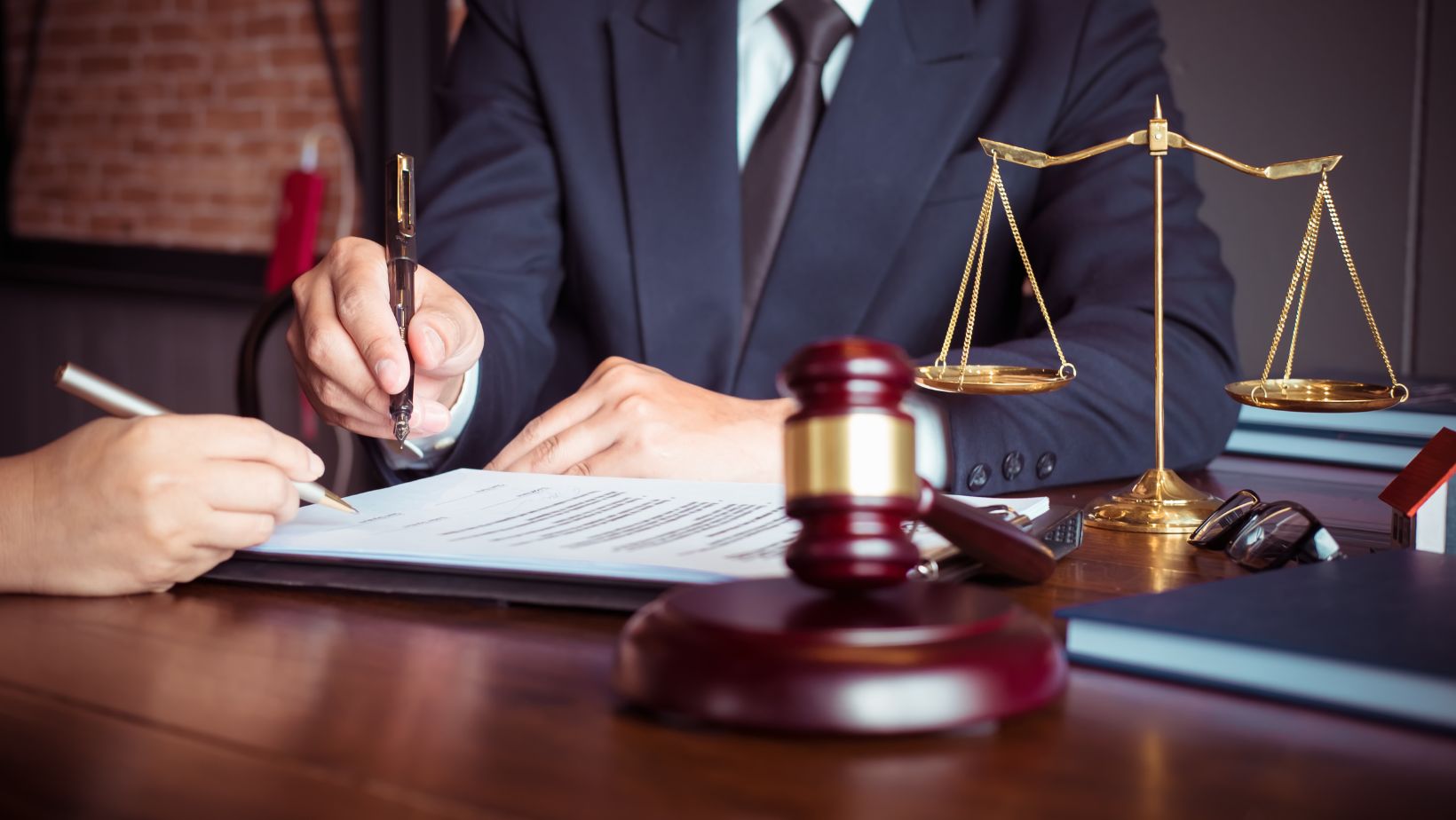No one wants to go through the stress and trauma of a wrongful death suit. Unfortunately, accidents happen every day, and fatalities are a possibility.
If an accident is caused by someone’s negligence and results in a fatality, you may have the grounds for a wrongful death case. However, the process of proving wrongful death can be complex, which is why you should always work with an experienced accident attorney.
If you find yourself in this unfortunate situation, it helps to have a general understanding of how wrongful death claims work in Colorado. The best and most effective way to get a basic idea is to ask questions. Here’s a look at some of the most frequently asked questions.
What are Colorado’s Wrongful Death Laws?
Under Colorado law, check the state’s revised statutes 13-21-201 and 13-21-202; you can file a wrongful death claim against the negligent party.
The statute defines a wrongful death as one caused by neglect or default. In other words, if someone’s reckless, intentional, or negligent actions cause the death of another person, their loved ones may be able to file a claim for financial compensation.
However, before you can successfully file a claim, you must prove the death was avoidable. This means the individual would’ve been eligible for a personal injury claim if they had survived the accident.
Is a Wrongful Death Case Filed in Criminal or Civil Court?
As the surviving loved one, you can file a wrongful death case in civil court. You’re only seeking financial compensation, not criminal charges—if the defendant ends up in criminal court, it’s because the prosecutor/D.A. feels that their actions warrant jail time.

You may be able to seek punitive damages in your wrongful death case. Punitive damages are designed to discourage others from duplicating the defendant’s behavior and to punish the at-fault party.
There is an advantage to your case ending up in civil court. You don’t need to wait for the district attorney to file criminal charges. You can file your claim in civil court as soon as your wrongful death attorney feels that your case is ready for a judge and jury. Unlike criminal cases that can take years before getting a court date, your civil claim typically moves along a lot faster.
How Do You Prove a Wrongful Death Claim?
Almost any death can feel wrong, especially if it’s sudden and unexpected. If the death is avoidable, this only makes the situation worse. You may be positive that the death was the result of negligence, but your word isn’t enough for a judge or jury; you must prove that the defendant’s actions/behavior is the direct cause of your loved one’s death.
Proving wrongful death follows the same process as a personal injury claim, which includes showing that the defendant caused the accident. Police reports, security camera footage, and witness statements can all be submitted as evidence. Experts may also be called to support your claim.
What Type of Compensation Can You Receive in a Wrongful Death Claim
Colorado state law allows you to seek compensation for economic, non-economic, and exemplary damages. However, not all cases qualify for exemplary (punitive) damages. Before tacking on punitive damages, talk to your attorney to see if your case qualifies.
Some of the commonly claimed damages in a wrongful death case include the following:
- Medical expenses if the deceased received care for their injuries before their death
- Lost income. A spouse can often claim the income the deceased would have earned
- Funeral and burial/cremation expenses
- Loss of companionship. This typically only applies to the spouse of the deceased
- Pain, suffering, and emotional distress
As mentioned earlier, you may also be able to claim punitive damages.
Can Anyone File a Wrongful Death Claim
Colorado law is fairly specific when it comes to who can file a wrongful death claim. The first thing to know is every family member can’t file a suit simultaneously.
A good tip to prevent confusion and additional emotional distress is to have a family meeting to go over the situation. Discuss who is filing what and when to avoid unnecessary drama. You also need to follow Colorado state law.

The first year after your loved one’s death, only the spouse may file a wrongful death case; this is to help limit the number of cases filed on behalf of the same individual.
The second year is a little different, and the spouse, children, and any beneficiaries may file a claim. Even though the spouse can file during the first or second year, it doesn’t mean that they can submit two separate claims. However, only one claim per person is legally allowed.
What is the Burden of Proof?
The burden of proof is a legal term for the evidence needed to support your claim. The burden of proof is yours to meet as a plaintiff in a wrongful death case. This means you must submit evidence proving that the defendant’s actions/behavior is the direct cause of the accident.
For example, the defendant was driving while intoxicated when the accident occurred. Your burden of proof is showing that the defendant was under the influence at the time the accident occurred.
How Long After the Accident Can You Wait to File a Wrongful Death Claim?
Colorado has a relatively short statute of limitations in wrongful death cases. You have two years from the accident to file a claim. This includes the at-fault party’s insurance and/or court system. If you miss the two-year deadline, your case is considered closed. There are rarely any exceptions, though one may apply to minors.
If the child of the deceased is a minor at the time of the accident, the filing deadline may be extended until their 18th birthday. Every case is unique, so it’s best to discuss filing deadlines with a licensed wrongful death attorney.
Contact an Attorney About Your Wrongful Death Claim
The unexpected loss of a loved one, particularly in an avoidable accident, is an incredibly difficult and traumatic experience. During this challenging time, it’s important to consider seeking legal counsel.
By making an appointment with an attorney, you can discuss your situation, understand your legal rights, and explore if there are grounds for compensation. An attorney can provide the necessary guidance and support to navigate the legal aspects of your loss, allowing you to focus on healing and honoring the memory of your loved one.


